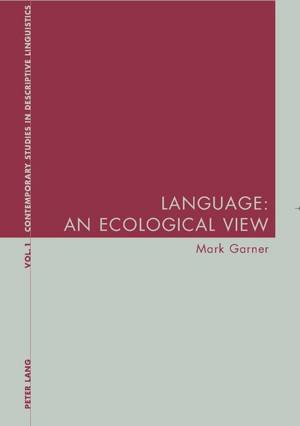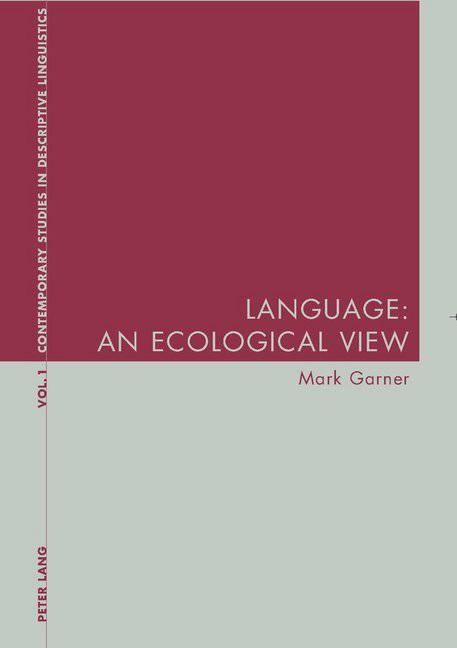
Door een staking bij bpost kan je online bestelling op dit moment iets langer onderweg zijn dan voorzien. Dringend iets nodig? Onze winkels ontvangen jou met open armen!
- Afhalen na 1 uur in een winkel met voorraad
- Gratis thuislevering in België vanaf € 30
- Ruim aanbod met 7 miljoen producten
Door een staking bij bpost kan je online bestelling op dit moment iets langer onderweg zijn dan voorzien. Dringend iets nodig? Onze winkels ontvangen jou met open armen!
- Afhalen na 1 uur in een winkel met voorraad
- Gratis thuislevering in België vanaf € 30
- Ruim aanbod met 7 miljoen producten
Zoeken
Omschrijving
Ecological thinking has in recent years come a long way from its origins in biology, to become a new paradigm within many disciplines. Its approach is holistic, and focuses on dynamic, interactive systems and the interrelationships between the object of study and its context. The author demonstrates how adopting such an ecological perspective fundamentally changes our understanding of human language, and calls into question a number of assumptions: that language is rule-governed, for example, or that it represents a distinctive form of knowledge. From an ecological point of view, language is inseparable from all expressions of human sociality, such as communication, culture, and community. Arising from this perspective are key concepts, such as patterning, predictability, and creativity, which the author suggests as the basis of a very different approach to linguistics. Linguists, along with everyone interested in the many facets of meaningful human behaviour, will find the ideas presented here both stimulating and challenging. Furthermore, an ecological framework supersedes the distinction between theoretical and applied linguistics, and the book is specifically addressed to language practitioners of all kinds, for whom an ecological view of language is particularly relevant.
Specificaties
Betrokkenen
- Auteur(s):
- Uitgeverij:
Inhoud
- Aantal bladzijden:
- 266
- Taal:
- Engels
- Reeks:
- Reeksnummer:
- nr. 1
Eigenschappen
- Productcode (EAN):
- 9783039100545
- Verschijningsdatum:
- 26/08/2004
- Uitvoering:
- Paperback
- Formaat:
- Trade paperback (VS)
- Afmetingen:
- 152 mm x 229 mm
- Gewicht:
- 358 g

Alleen bij Standaard Boekhandel
+ 126 punten op je klantenkaart van Standaard Boekhandel
Beoordelingen
We publiceren alleen reviews die voldoen aan de voorwaarden voor reviews. Bekijk onze voorwaarden voor reviews.











